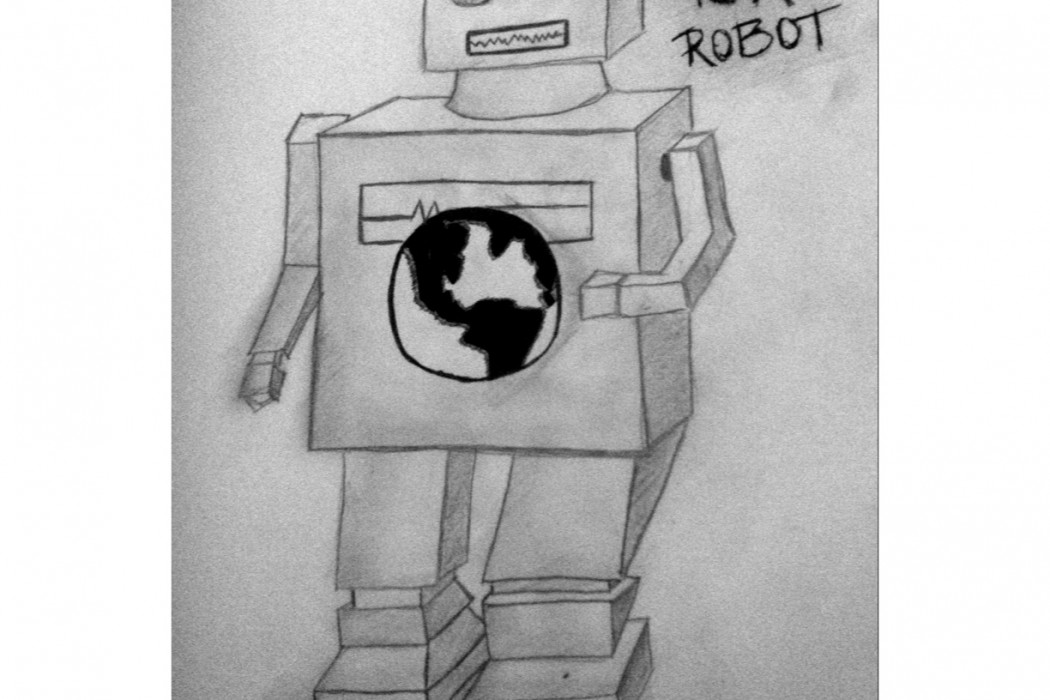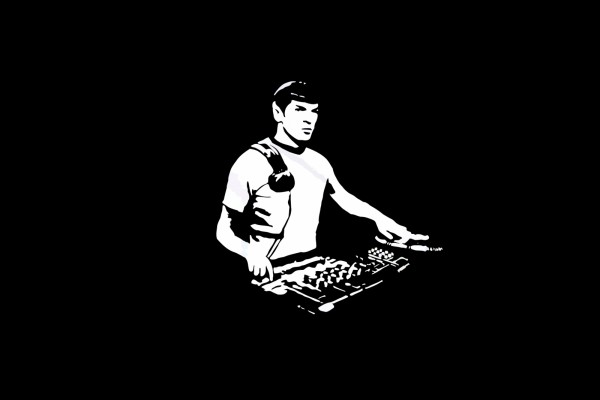God is not dead, yet, God is no longer how we perceive him. The religious dynamic has shifted from that of a passive following to something that is more hands-on. This is due to the shift society has experienced; people have grown increasingly impatient, leading fast paced lives and so no longer have the time to sit down and be preached at. People want to put their ideas and beliefs in motion as fast as they can.
With the release of Led Zeppelin’s new album, I have been thinking a lot about what I call universal bands –like Led Zeppelin –that have fans that transcend geographical boundaries and whose music is as relevant now as it was years ago. Music has always been associated to spirituality: most religions include hymns or chants of some sort. Music is a very relatable means of communication, getting people to unite and sing together, creating a unique human bond for the duration of a song. Music’s ability to make people come together has a parallel in the way people join together and practice their religion—for a very long time, music was once made only for the purposes of religion. As music develops and progresses, artists always inspire themselves with the genres they have once heard and incorporate the sounds of these genres, making them their own. This process over time is what has lead genres of music to organically develop in and out of each other. Because of the use of music in religion, a lot of musicians draw inspiration from religious music, or from the meaning of religion.
The popular genre in the 1920s America was the blues – Blind Lemon Jefferies blues. Back then black people were still fighting for their equal rights and the blues was their means of joining together to fight and stay strong together. Religion has always been a means of finding ways to bring people together. The blues led to rhythm and blues, which influenced musicians who later made soul or funk music. “Let’s Get Together” by the greatest Al Green, can be categorized as soul and “Funky Stuff” by Kool and the Gang is considered as a funk song. One cannot claim that these are religious songs, and because history has a tendency of repeating itself, artists seem to always look back to religion for sources of inspiration. Or here’s a fun way to think about it, let us think back to all the songs that use the word “hallelujah” out of context? My favourite example: Prince – Dance 4 me.
In an article I recently read by Frank Fitzpatrick (Why Music, Part 9: Music and Spirituality) this one sentence just resonated with me: “Music has turned the most mundane and the most challenging moments of my life into deeply resonating human, and often indescribably divine, experiences.” The beauty of music is that regardless of what genre you listen to, the music you enjoy is always going to transpose you in a way, make you find your center, even if it’s just in the space of one song. In some ways, I like to believe that what people value in religion is its ability to transpose them through its myths. Music was first used for the practice of storytelling, sharing the glorious stories of past heroes and wars. Religion is like a story: you listen and learn from the heroes you believe in. This further highlights the innate spirituality in music.
A lot of research has been done between the commonalities of spirituality and raves/electronic music. EDM music is spiritual in the sense that the music focuses on making a mind-body-soul experience for the listener. The genre is so personal –each musician can manipulate sound and play with effects in order to distort the original sound and make it completely their own. Moreover, the consumption of EDM music is intertwined with drug consumption designed to heighten your senses. In EDM and with rave music, the listener is as much of an agent in the music as the musician itself. Each person embarks on a mini journey when going to a rave. When comparing Christianity to electronic music, one can see very singular similarities. Sunday mass is a weekly journey; electronic-aficionados will regularly seek out shows and opportunities to listen to and unite to their music. If the drop in a song represents its climax, the most important moment of the song, when compared to a priest’s sermon which is the heightened point of the ceremony, both seem very similar. Lastly, the use of drugs and its relevancy to the experience of electronic music can be compared to the importance of the communion in Christianity: Helen Evans’article “Out of Mind, Out of Sight” thoroughly analyzes the connection of raves and their important spirituality.
Our generation is not a very religious one, however I believe that we are very spiritual. Unimpressed by the late eras of capitalism, harnessed with environmental consciousness, in constant fear of diseases, we seek out higher meanings, experiences that take us out of our routine and help us escape reality for a short while. EDM music has emerged and become popular because we seek out fast ways of being transposed. Religion is not able to retain our attention as much anymore because we want concrete proof that we can be transposed to spiritual levels.
We are the technological generation; we use technology as a daily means of communication. It seems natural that we have turned to technology to help us communicate with one another and that we use technology to extend our human experiences. Helen Evans wrote, “rave music is about the relationship between humans and machines.” God is not dead, though he may be a robot. Religion is not dead: it seems to me that humans will always seek a way of coming together over their commonalities and will find ways to be transposed in a way that gives them hope. As long as there will be music and as long as humans listen to music, they are taking part in a practice that brings them all the same gratifications as does religion. If music is religion, than it’s the only religion that has everyone as a practitioner. Preach to me iTunes.
WRITTEN BY MARGAUX JOLY
PICTURE BY MARGAUX JOLY





